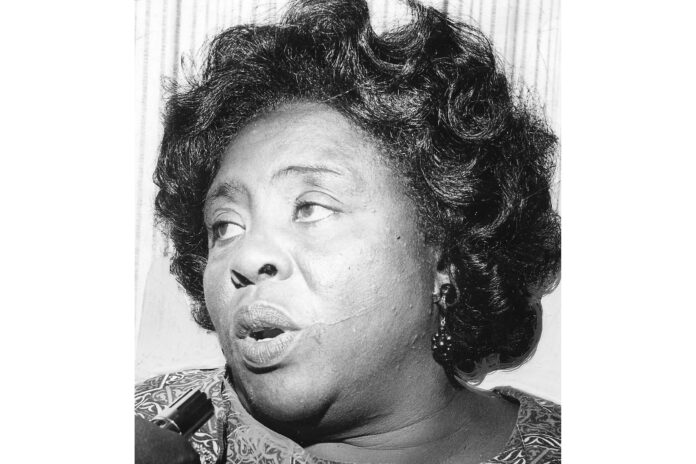
Today in Black History: March 14th
1794 – Eli Whitney Patented The Cotton Gin

Eli Whitney, inventor of the cotton gin, received a patent on March 14, 1794. The invention of the cotton gin machine created a more efficient way of producing cotton by expediting removal of seeds from the cotton fiber. This reduced the need for cotton pickers in the mid-19th century where cotton had become America’s leading export. This later revolutionized the cotton industry which in turn led to the increased support of the abolition of slavery.
1933– Quincy Jones, Jazz Musician, Was Born

Born on March 14th, 1933, Quincy Jones was born in Chicago and raised in Washington where he learned and studied the trumpet with pianist-singer Ray Charles. Jones rose to fame after he became an artists-and-repertoire ( “A&R” ) director for Mercury Records. In 1964 he was named a vice president at Mercury, thereby becoming one of the first African Americans to hold a top executive position at a major American record label. Jones’s best-known work includes producing, Michael Jackson’s Thriller (1982), organizing the all-star charity recording “We Are the World” (1985), and producing the film The Color Purple (1985) and the television series The Fresh Prince of Bel-Air (1990–96). In 2013, Jones was inducted into the Rock and Roll Hall of Fame.
1977– Fannie Lou Hamer, Civil Right Leader, Passes Away

Fanie Lou Hamer, African-American civil rights activist, worked to desegregate the Mississippi Democratic Party(MDP). In 1964, Hamer co-founded and became vice-chairperson of the Mississippi Freedom Democratic Party (MFDP). That year she testified before the Democratic National Convention, demanding that the delegation of the MDP be replaced by that of the MFDP due to unjust treatment. After President Lyndon B. Johnson’s unsuccessful attempt to block Fanie Lou Hamer’s broadcast of her testimony to the Democratic National convention, scheduling another news conference to override her broadcast, it was broadcasted on many evening programs, exposing to a much larger audience than intended. Hamer was able to spread her activism, gaining traction in the civil rights era, before her death on March 14, 1977.

